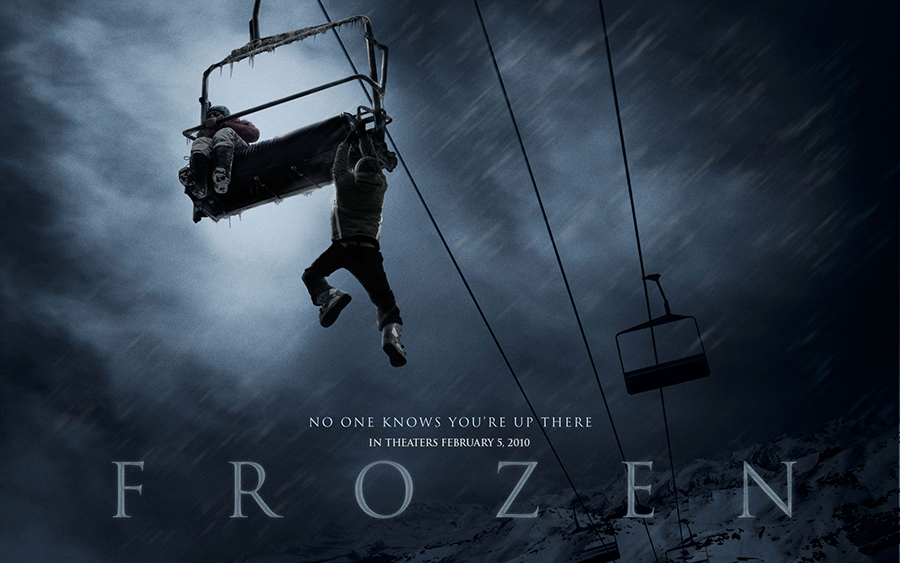By Ashley Bradley/ne news editor
Janet Morrow, a former TCC student, creates art using all types of media hoping to communicate her ideas in any way possible.
Her life centers on communication, especially after she lost her ability to hear six years ago. She now has cochlear implants to help her hear.
“Electronic Ears,” a performance piece exploring what it is like to hear through cochlear implants, is helping her toward gaining her Master of Fine Arts degree at the University of Texas at Arlington.
Developing the performance since last summer, she is now scheduled to show it to TCC students 11 a.m.-12:30 p.m. Feb. 22 in the NE Campus painting lab (NFAB 1314).
Sarah Rose, UTA history professor and master of fine arts committee member, plans to attend the event to see her student in action.
“I’ve seen some of her work on video, but never in person,” she said. “She does a lot of interacting with the audience. She really has an ambitious attitude.”
Morrow attended TCC from 2005 to 2008 when she worked on pieces now in the Revealing Culture exhibit at the Smithsonian Institution in New York. All three pieces are three-dimensional cakes. The first, “Coming of Age,” is made mostly out of tampons. The second, “Bravado,” is made mostly out of cigars. And the last, “Pharmacakes,” is decorated with pills as sprinkles.
“She has an edge,” said art associate professor Cindy Hurt. “I wouldn’t say her style is morbid, just edgy.”
Hurt worked closely with Morrow when she was a student and admired her “phenomenal spirit.”
“Her humility is tremendous,” Hurt said. “She’s open about her disability, and she put all of her fellow students at ease. I ran into someone from UTA recently, and they told me she was their best graduate student. I am so proud of her.”
Art associate professor Anita Blayton said she also remembers how ambitious Morrow was as a student.
“I remember her work ethic,” she said. “She was very fluent and flexible in her ability to adapt to new ideas and methods. She was very organized as well. She has all of the things an artist needs to be successful.”
Though Morrow received praise from several past and present instructors, she said she still misses the ability to hear.
“Because I had typical hearing until I was 36 years old, sound is really important to me,” she said. “I do hear now through my cochlear implants, but electronic sound is a bit different from organic sound. Music sounds pretty bizarre through implants. Beautiful, but sort of alien.”
When Morrow first started working on “Electronic Ears,” she was reluctant because she thought she would only invite one type of audience.
“I feared it would be an interest only to someone who shared my exact circumstances,” she said. “I have found that everyone has occasional feelings of estrangement and isolation, and viewers appear to be able to find their own relevance with ease.”
Morrow has a husband and two college-age children. She said her hearing problems have made their lives hard, but she feels it’s worked out in the end.
She used to work in sales and marketing and thought she was perfect in that work environment.
“In the aftermath, I was forced to really look at the abilities I still had, and ultimately, I think what I am doing now is more satisfying and a more precise fit with my talents and personality,” she said.
Morrow said when her children were in junior high, she felt bad for not always doing everything she wanted to for her kids, but it became hard.
“I would go to their activities like basketball games and band concerts and try to act like anybody else’s mom, but a lot of times I would be smiling and nodding like I understood what was going on, when the reality was I was not understanding a word I heard,” she said. “I feel guilt about the fact that my problems took center stage so much of the time during a period of their lives that should have been all about them.”
She said her children were forced to mature faster than their peers. Now her daughter, Jessica, attends Emerson College in Boston, and her son, Thomas, attends the University of Texas at Austin.
Morrow said since the loss of her hearing, the relationship between her and her husband, Jerry, has become stronger. She said her husband’s father lost some of his hearing while in World War II. The experiences he faced with his father while growing up now helps him and Morrow communicate better.
“He has learned quite a bit of sign language so that we can communicate easily with each other even when I’m not wearing my implants,” she said. “He is never, ever impatient with me. I think in some ways we are closer than other couples because of the special ways in which we communicate.”
Her performance aims to show what life is like for her and thousands of other Americans with hearing disabilities. She said she plans to analyze “how living within a cyborg body affects one’s ability to be fully human.”
“We don’t realize how much we rely on conversation to form our human bonds until it is taken away,” she said. “Helen Keller said that if she had had a choice to lose either her sight or her hearing she would have chosen to lose sight because losing your sight cuts you off from things, but losing your hearing cuts you off from people.”

























